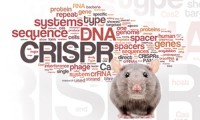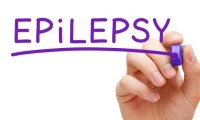-
AI funding tops $1 billion mark as mobile investments wane
- Source: Healthcare IT News
- 1,020
- January 19, 2018
-
This Company’s AI-Fueled Tech Is About to Bring Digital Health Care to Millions
- Source: Fortune
- 624
- January 18, 2018
-
New AI system for lung cancer and heart disease
- Source: Digital Journal
- 1,266
- January 15, 2018
-
New AI technology significantly improves human kidney analysis
- Source: Medical Xpress
- 981
- January 12, 2018
-
Microsoft Wants to Use Artificial Intelligence to Make CRISPR More Accurate
- Source: GIZMODO
- 642
- January 11, 2018
-
How doctors and bots can work together
- Source: Venturebeat
- 779
- January 10, 2018
-
Microsoft and Adaptive Biotech to create universal blood test using AI
- Source: Verdict Medical Devices
- 734
- January 8, 2018
-
How to Keep Health Data Safe in the Age of Disruptive Technologies
- Source: HealthTech Magazine
- 854
- January 4, 2018
-
Personalised epilepsy seizure prediction a possibility with AI
- Source: medicalxpress
- 971
- December 7, 2017
your submission has already been received.
OK
Subscribe
Please enter a valid Email address!
Submit
The most relevant industry news & insight will be sent to you every two weeks.













